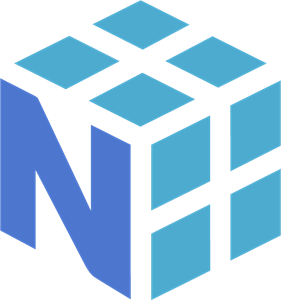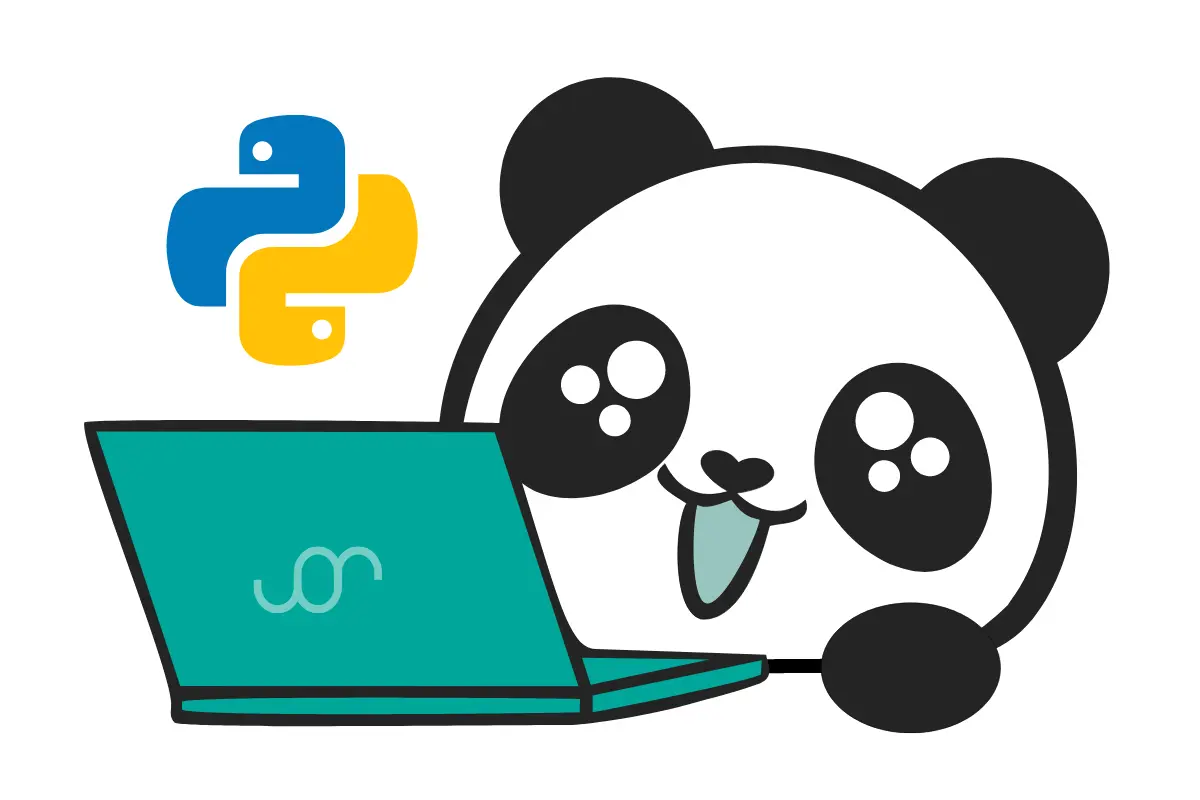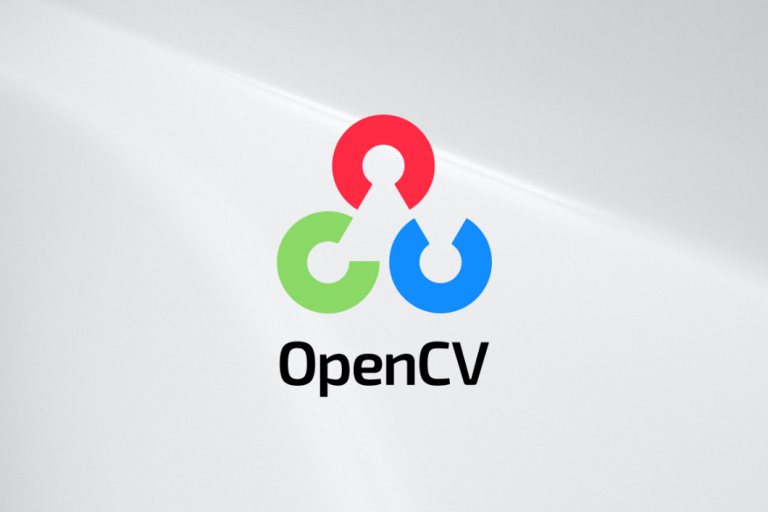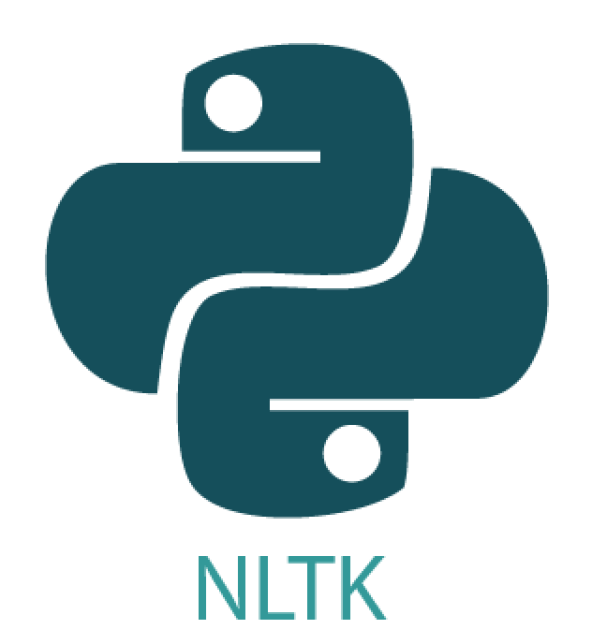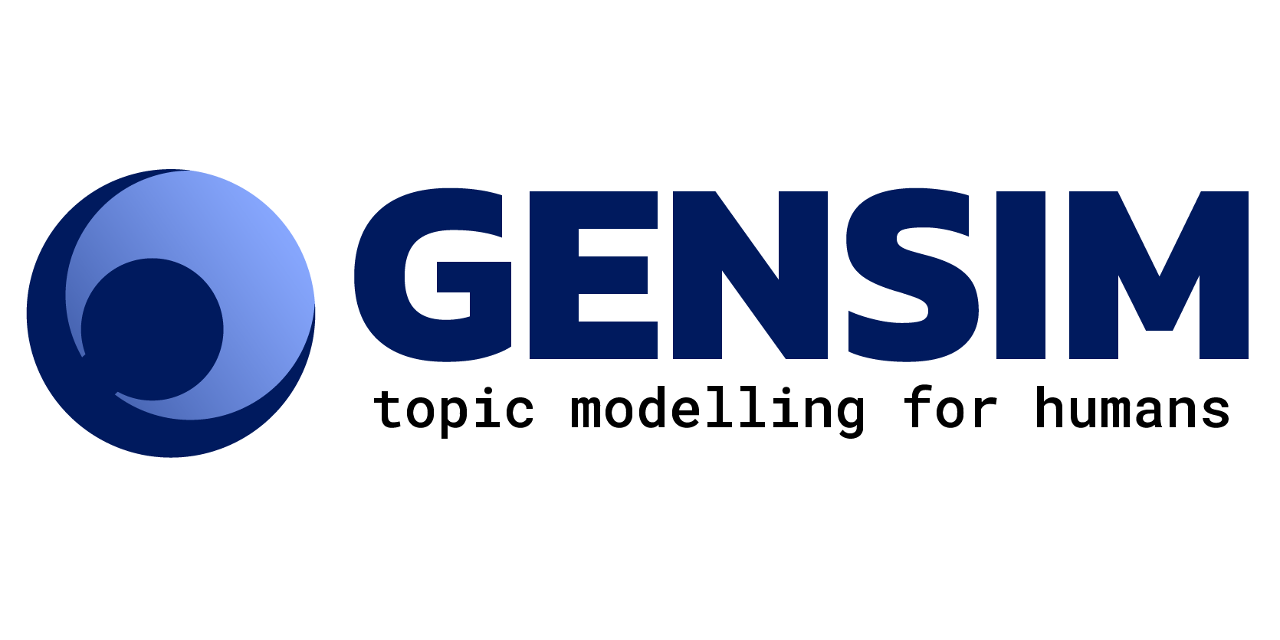Data Science Course in Hyderabad
In the modern digital age, data science has become a fundamental discipline for extracting insights and knowledge from vast amount of data and datasets. It encompasses statistical analysis, machine learning, data visualization, and domain expertise to derive actionable insights and drive informed decision-making processes.
Medha Edu Tech Data Science Course in Hyderabad offers a comprehensive curriculum designed to equip students with in-demand skills in data analysis, machine learning, and big data technologies. Taught by industry experts, this course combines hands-on training with real-world projects, making it ideal for aspiring data scientists looking to advance their careers.


Applications of Data Science
Data science finds applications across many industries and domains, including but not limited to:
– Business and Finance: Forecasting financial trends, optimizing marketing strategies, and improving customer segmentation and stock market analysis.
– Healthcare: Predictive modeling for disease diagnosis, patient risk assessment, and personalized treatment plans.
– E-commerce: Recommender systems, customer behavior analysis, and fraud detection.
– Manufacturing and Supply Chain Management: Predictive maintenance, demand forecasting, and inventory optimization.
– Social Media and Entertainment: Sentiment analysis, content recommendation, and user engagement prediction.
Artificial Intelligence (AI)
Artificial Intelligence (AI) simulates human intelligence processes by machines, particularly computer systems. It encompasses a broad range of techniques and approaches aimed at enabling machines to perform tasks that typically require human intelligence.
Key Components of AI
- Machine Learning: ML algorithms enable machines to learn from data and improve performance over time.
- Deep Learning: Deep learning, a subset of machine learning, uses neural networks with multiple layers to learn from large datasets, enabling computers to understand complex patterns directly from raw data.
- Natural Language Processing (NLP): NLP enables machines to understand, interpret, and generate human language.
- Computer Vision: Computer vision enables machines to interpret and understand visual information from images or videos.
- Generative AI: Generative AI focuses on creating models that can generate new data samples resembling those in the training dataset, including techniques such as generative adversarial networks (GANs) and variational autoencoders (VAEs).
Applications of AI
AI has transformative potential across various sectors, including healthcare (diagnosis and treatment planning), autonomous vehicles, virtual assistants, fraud detection, and personalized recommendation systems.
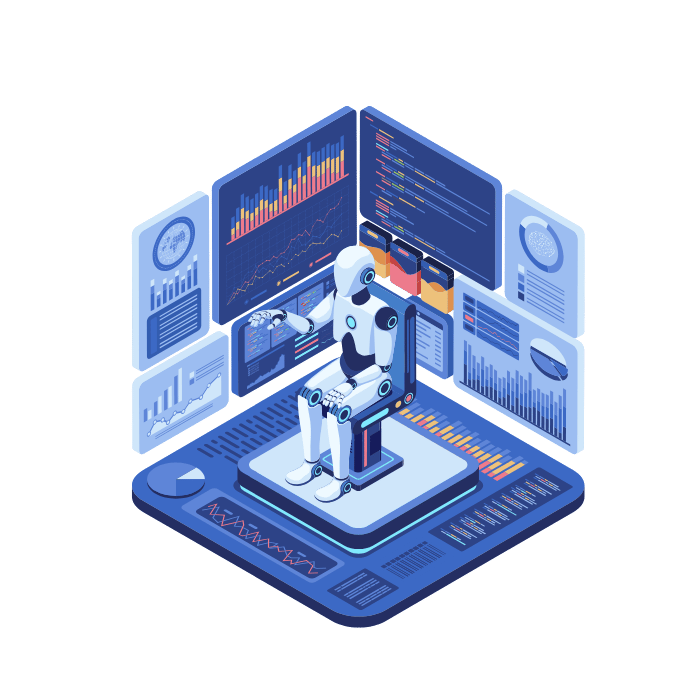
“ Key areas of Data Science”

Data Collection & Preparation

Exploratory Data Analysis (EDA)

Statistical Analysis

Machine Learning

Data Visualization
Our Mission
Our mission is to empower aspiring data scientists in Hyderabad by providing high-quality, practical training in data science. We aim to bridge the skills gap with expert-led instruction, real-world projects, and a focus on cutting-edge technologies, preparing students for successful careers in data-driven industries.
Core Goals

We Are Your Right Choice
Data Science and AI Tools
Why These Tools Matter
Master Data Science & AI in Just 4 Months
At CarrerCourse, We understand the importance of technology’s efficiency and effectiveness in the realms of data science and AI, That’s why our program is meticulously crafted to deliver maximum value in a condensed timeframe.
1. **Accelerated Learning Path:** Our structured curriculum is optimized for fast-paced learning without compromising on depth or quality. You’ll cover all essential topics in data science and AI, empowering you to master the fundamentals and beyond in just 4 months.
2. **Focused and Relevant Content:** We prioritize the most relevant and in-demand skills in the industry, ensuring that every aspect of the program contributes to your success. From foundational concepts to advanced techniques, you’ll gain a comprehensive understanding of data science and AI principles.
3. **Hands-On Experience:** Theory only takes you so far. That’s why our program emphasizes practical, hands-on experience through real-world projects and case studies. You’ll have the opportunity to apply your knowledge in simulated environments and gain valuable insights that translate directly to the workplace.
4. **Expert Guidance:** Learn from the best in the field! Our instructors are seasoned professionals with extensive experience in data science, AI, and related domains. They’ll guide you every step of the way, providing personalized mentorship and support to help you achieve your goals.
– Month 1: Foundations of Data Science
– Month 2: Advanced Topics in Machine Learning
– Month 3: Deep Dive into Artificial Intelligence
– Month 4: Capstone Projects and Portfolio Development
Throughout the program’s duration, participants engage in 5-6 real data projects, one for each month, ensuring hands-on experience and practical application of concepts learned.
– Master the core principles and techniques of data science and AI
– Gain hands-on experience through real-world projects
– Build a portfolio showcasing your skills and accomplishments
– Prepare for career opportunities in a wide range of industries
Course Curriculum
Data Demystified
1. Structured Data
2. Unstructured Data
3. Semi-Structured Data
Data Types
1. Numerical : Discrete & Continuous
2. Categorical : Nominal & Ordinal
3. Unique & Others
Data Statistics (X-axis)
1. Measures of central tendency
2. Measures of dispersion
3. Quartiles (Q1 to Q3)
Data Distribution (Y-axis)
1. Types of Distribution
2. Histogram & Box Plots
Data Questioning
1. Single Vs Multi answers
2. Descriptive vs Comparative
Data Visualization
1. Bar, Pie, Line, Area & Donut
2. Scatter, Bubble, Violin, SunBurst.
Data Insights
1 Highlights of Data
2 Exploitation of Data
————————————-
Project 1 : Data Presentation Project
Data Cleaning
1. Missing Data Handling
2. Noise & Dublicate Removal
Data Manipulation
1. Add/Remove columns
2. Data types Synchronization
Data Transformation
1. Normalization
2. Standardization
Data Corelation
1. Pearson Correlation Coefficient
2. Spearman Correlation Coefficient
Data Conclusions
1. Hypothesis Testing
2. Decision Making
————————————-
Project 2 : Data Pipeline Project
————————————-
Introduction to Python
1. Basic Syntax and Data Types
2. Control Structures and Functions
Data Structures and Manipulation
1. Lists, Tuples, Sets and Dictionaries
2. List Comprehensions and Built-in Functions
File Handling and Input/Output Operations
1. Reading and Writing Files
2. Working with CSV and JSON Files
Object-Oriented Programming (OOP)
1. Classes and Objects
2. Inheritance and Polymorphism
Advanced Python Concepts
1. Exception Handling
2. Types of Exceptions
NumPy (Numerical Python)
1. Array creation and manipulation.
2. Mathematical operations and statistical functions.
3. Broadcasting and vectorized operations.
4. Random number generation.
5. Fourier transforms and signal processing.
Pandas (Python Data Analysis Library)
1. Data manipulation with DataFrame.
2. Data cleaning and preprocessing.
3. Handling missing data and outliers.
4. Grouping, Merging and joining datasets.
5. Time series analysis and datetime manipulation.
Plotly (Interactive Visualization Library)
1. Interactive plotting for exploratory data analysis.
2. Building Basic & Advance Charts.
3. Customizing plot layouts and styles.
4. Animating plots and charts.
—————————————
Project 3 : Data Analysis Project (EDA)
—————————————
Introduction to Machine Learning
1. Overview of Machine Learning Concepts
2. Types of Machine Learning Algorithms
Supervised Learning
1. Regression
2. Classification
3. Metrics
ML Algorithms
1. Linear Regression
2. Logistic Regression
3. Gradient Descent
4. K-nearest neighbors
5. Decision Trees
Unsupervised Learning
1. K-means Clustering
2. Principal Component Analysis (PCA)
Model Evaluation and Validation
1. Cross-Validation Techniques
2. Evaluation Metrics for Regression and Classification
Feature Selection and Engineering
1. Importance of Feature Selection
2. Techniques for Feature Engineering
Ensemble Learning
1. Bagging and Random Forests
2. Boosting Methods: AdaBoost and Gradient Boosting
————————————
Project 4 : Machine Learning Project
Introduction to Deep Learning
1. Fundamentals of Neural Networks
2. Activation Functions and Network Architectures
3. Forward propagation & Back propagation
Convolutional Neural Networks (CNNs)
1. Understanding Convolutional Layers
2. Pooling Layers and Feature Extraction
Recurrent Neural Networks (RNNs)
1. Sequential Data Processing with RNNs
2. Long Short-Term Memory (LSTM) Networks
Deep Learning Frameworks
1. Introduction to Pytorch
2. Neural Networks training
3. NN, CNN, RNN & LSTM with Pytorch
Model Optimization and Deployment
1. Techniques for Model Optimization
2. Deploying Deep Learning Models in Production Environments
Ethical Considerations in Deep Learning
1. Bias and Fairness in Deep Learning Models
2. Responsible AI and Privacy Concerns
————————————
Project 5 : Deep Learning Project
Introduction to Computer Vision
1. Fundamentals of Image Processing
2. Overview of Computer Vision Applications
Image Processing Techniques
1. Image Filtering and Convolution
2. Edge Detection and Feature Extraction
Image Classification
1. Basics of Image Classification
2. Convolutional Neural Networks (CNNs) for Image Classification
Semantic Segmentation
1. Principles of Semantic Segmentation
2. Deep Learning Approaches: Fully Convolutional Networks (FCNs), U-Net
Object Detection
1. Understanding Object Detection Algorithms
2. Popular Object Detection Architectures: YOLO, SSD, Faster R-CNN
Introduction to NLP
1. Overview of Natural Language Processing
2. Applications and Importance of NLP
Text Preprocessing
1. Tokenization and Text Normalization
2. Stopword Removal and Stemming/Lemmatization
Statistical NLP Techniques
1. Bag-of-Words Model and TF-IDF Representation
2. N-gram Language Models and Probabilistic Methods
Word Embeddings
1. Word2Vec and GloVe Embeddings
2. Contextual Embeddings: ELMo and BERT
Text Classification
1. Sentiment Analysis and Text Classification Techniques
2. Building Text Classifiers with Machine Learning and Deep Learning
Named Entity Recognition (NER)
1. Overview of Named Entity Recognition
2. NER Approaches: Rule-based and Machine Learning-based Methods
Sequence-to-Sequence Models
1. Introduction to Sequence-to-Sequence Models
2. Applications: Machine Translation, Text Summarization
—————————–
Project 6 : CV or NLP Project
—————————–
Language Models (LMs)
1. Understanding Language Models and their Importance
2. Pre-trained Language Models: BERT, GPT, XLNet
Fine-tuning Pre-trained LMs
1. Transfer Learning for NLP Tasks
2. Fine-tuning Strategies and Techniques
BERT (Bidirectional Encoder Representations from Transformers)
1. Architecture and Components of BERT
2. BERT-based Applications: Text Classification, Named Entity Recognition
GPT (Generative Pre-trained Transformer)
1. Architecture and Components of GPT
2. GPT-based Applications: Text Generation, Question Answering
Recent Advances in NLP
1. State-of-the-art NLP Models: GPT-4, BERT Large, T5
2. Current Trends and Future Directions in NLP Research
——————————–
Project 7 : Real Company Project
——————————–
Frequently Asked Question

Let Us Take Your
Start Your Journey – Contact Us
Get in touch with us to learn more about our Data Science course in Hyderabad. Whether you have questions about the curriculum, admission process, or career opportunities, our team is here to help. Reach out via phone, email, or visit our campus to start your journey in data science today!













